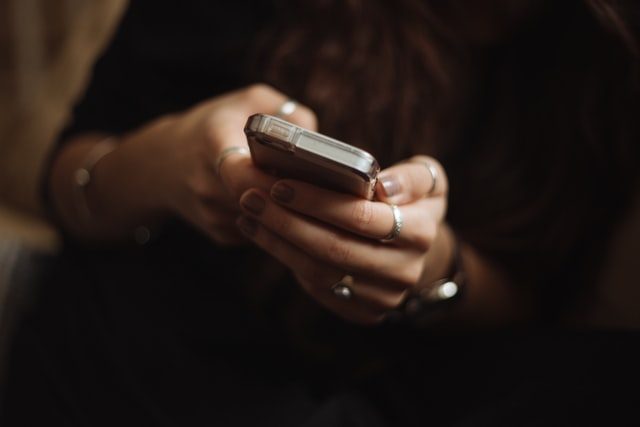Science organization Earth Shaker Philippines recently warned Filipinos of a hoax text message with a link claiming that the receiver has come into contact with a COVID-19-positive patient or someone with the novel coronavirus’ symptoms.
The organization shared a photo of the fake text message and urged the public to refrain from clicking the link that comes with the text.
“Ito’y kumakalat na sa US at maaaring ginagawa na rin ng iba sa Pilipinas. Kung kayo’y biglang nakatanggap ng ganitong mensahe, huwag bubuksan agad bubuksan ang link,” Earth Shaker said.
“Magtanong muna sa LGUs (local government units)/ospital bago maniwala,” it added.
The text message sender also recommends the receiver to “self-isolate or get tested.”
DO NOT CLICK THE LINK!
Ito'y kumakalat na sa US at maaaring ginagawa na rin ng iba sa Pilipinas. Kung kayo'y biglang nakatanggap ng ganitong mensahe, huwag bubuksan agad bubuksan ang link. Magtanong muna sa LGUs/ospital bago maniwala. https://t.co/xhPS7IqGYH pic.twitter.com/ap2juNCExD
— EarthShakerPH (@earthshakerph) April 21, 2020
The organization also attached a news report about authorities in the United States warning the public of the hoax message.
Meanwhile, some Filipinos offered suggestions on how the public can determine whether such messages are scams or not.
“Rule of thumb: ‘Wag click (nang) click pag unknown sources,” a Twitter user said.
“If coming from a hotline number, 4-5 digits, most likely, totoo. Pero bakit ka pa mag-click ng link kung close contact ka sa isang patient, pa-test ka na agad! Kung ang number naman is from a local cell number, ah phishing ‘yan! Either way, don’t click links!!!” another online user said.
Authorities from the United States said that the particular text message has been circulating across cellphone owners from the towns of Kansas and Maine.
It includes a website link that urges the receiver to provide their information.
Authorities have warned the public not to respond to the message or click the website link included in the text. They also insisted that the receiver go to the officials and report the scam so that others wouldn’t be victimized.
A police department from the American town of Georgia similarly warned its locals of the scam through a Facebook post that reads:
“DO NOT click the link! It is not a message from any official agency. It is however a gateway for bad actors to find their way into your world.”
In order to avoid being scammed, officials shared that the public should not respond to calls or messages from unknown or suspicious numbers.
“Even if the number looks legitimate, scammers often spoof phone numbers to trick you into responding. Keep in mind that government agencies will not call you to ask for personal information or money,” they told CNN.
They also warned people against opening links included in messages that came from sources they do not recognize or are not familiar with.










